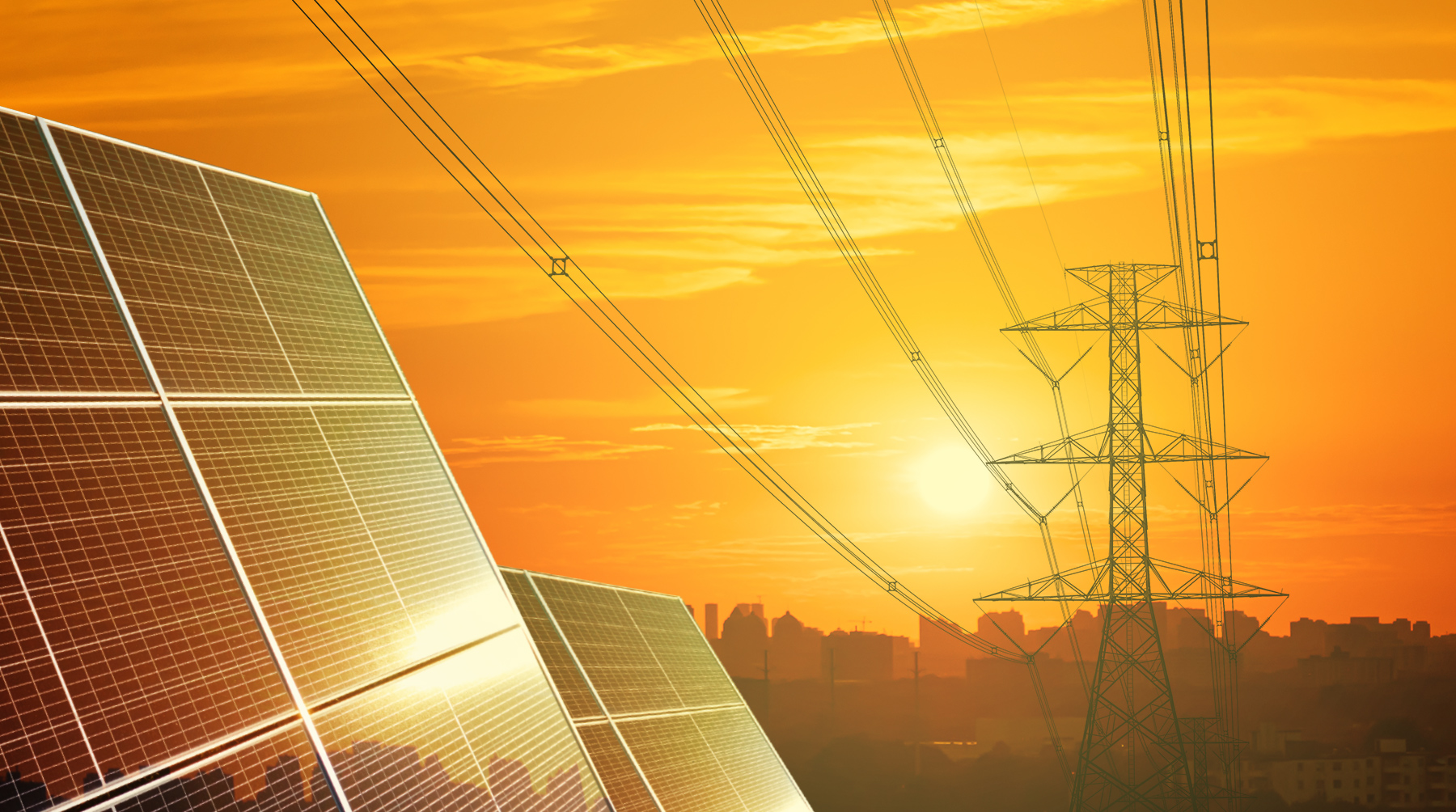There’s a simple answer to the climate change catastrophe, but policymakers have been too slow to act.
Human history suggests that when faced with unimaginable disasters, it’s possible to mobilise economically and commercially at speed and at scale. The easiest to comprehend examples relate to the mobilisation of the Allies in World War II, which might be unfortunate given the current deplorable invasion of Ukraine by Russia, but is a helpful history lesson none-the-less.
What if Australia (or other nations) approached climate change in the same way that we would approach a conflict that we must win at all costs?
We don’t need future technology or carbon sequestration to tackle climate change. In fact, the roadmap to offsetting the damage should be a simple one; everything needs to be electrified as quickly as possible and we need to retire gas and coal-fired power immediately and rely on our natural resources, such as wind and solar, instead.
Like the Allied Forces in World War II, we could go from being ill-prepared for even small battles to defeating the single biggest threat to our survival.
Unfortunately, Australia’s current approach shares few parallels with historic examples of strategy and precision. Instead, the country’s legislators have been too slow or afraid to eliminate coal-fired power and natural gas, despite our collective knowledge of how much harm these fossil fuels cause. Similarly, they’ve been distracted by promises that technologies of the future will magically solve the crisis, when the true answer is already within our reach.
We don’t need future technology or carbon sequestration to tackle climate change. In fact, the roadmap to offsetting the damage should be a simple one: Everything needs to be electrified as quickly as possible and we need to retire gas and coal-fired power immediately and rely on our natural resources, such as wind and solar, instead.
Australia has an abundance of these precious assets and can offer them to consumers very inexpensively. They should be our primary source of power today. Instead, vested interests and a lack of decisive action have kept Australia drawing heavily on legacy energy models, like coal-fired power. Much like the tobacco industry, powerful miners and lobby groups keep delaying the necessary course. There are a few exceptions, but the industry has generally acted as an anchor against change. Australian legislators need to act swiftly to reverse this power dynamic.
In the next eight years, Australia must commit to tight timeframes for delivering change. Just as Germany has committed to a 10-year transition, we need to be definitive about our deadlines for eliminating fossil fuels and use tools that are available to us today. Current ideas, such as the government’s decarbonisation plan, rely on magic technology that has yet to emerge. We already have all the tools to solve the problem today, we just need to build a more resilient energy network.
Success will require Australian politicians adopting a bipartisan commitment to achieving climate goals, much like in the United Kingdom. We know that Australian governments and leaders change frequently, which can quickly unwind promises to reduce emissions. We need to mirror what the UK has done and agree that, regardless of the government, we will commit to an energy roadmap.
Beyond a strict plan to eradicate coal-fired power and transition to a renewable society, Australia’s roadmap must include investment in solutions to help people change how they use energy. The government needs to step in and provide low-cost finance for making the right choices at scale. If our objective is to transition to clean energy as quickly as possible, we need financing to make that happen. Tax concessions are not enough, because they’re relevant only for people who pay a lot of tax. Instead, the government needs to help foot the bill for people to switch to clean energy.
Most importantly, Australia needs to act with urgency. By 2030, coal-fired power and natural gas could be history, with a resilient, electrified energy system powering people’s homes and transport. In order to get there, however, we must adopt a wartime mindset. If people don’t treat the climate crisis like a risk to our freedom and a conflict that must be won at all costs, it will become a conflict that’s impossible to address.




